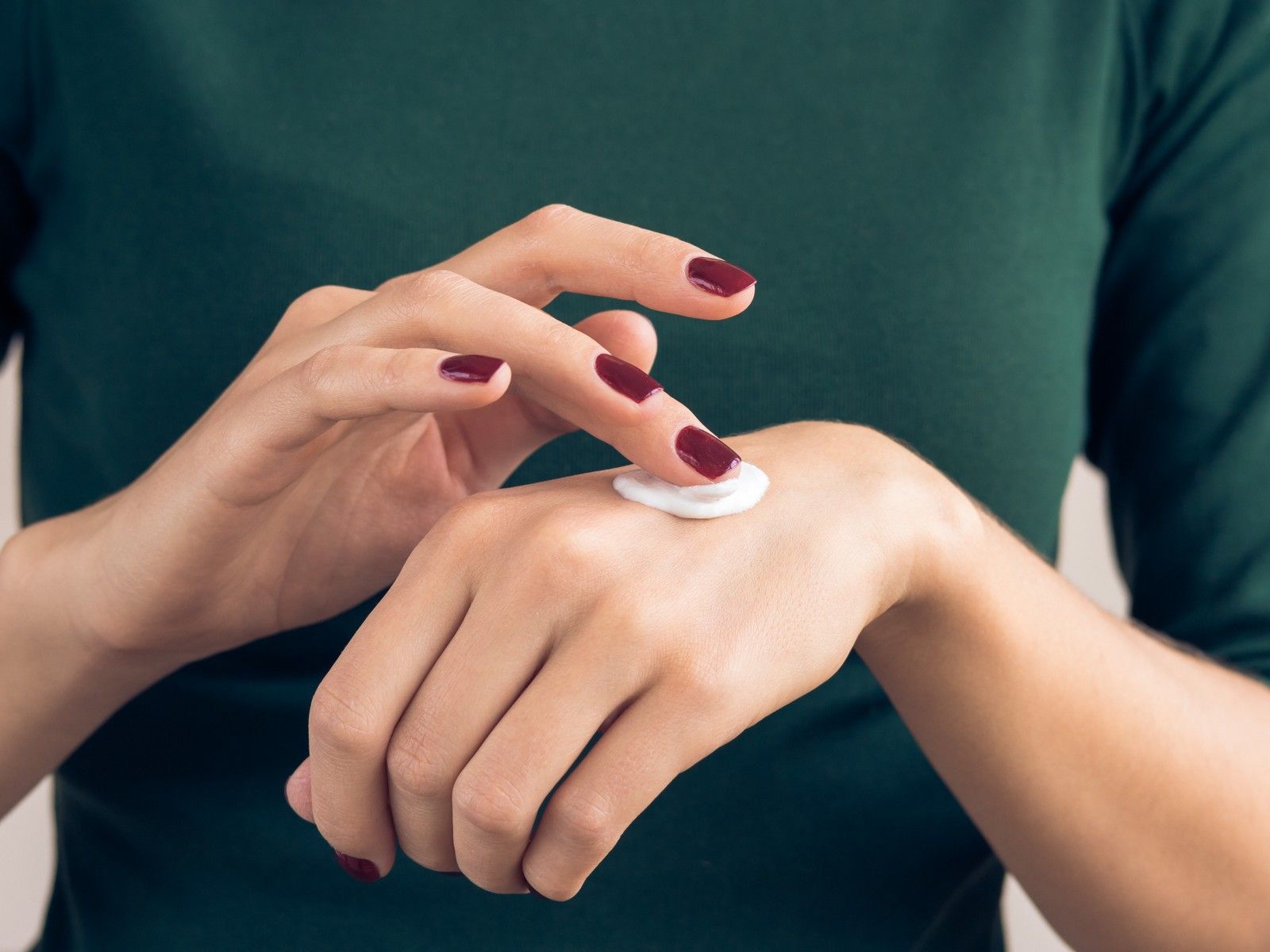according to burt’s bees, an american natural personal care product manufacturer, every second,
someone in the world buys a burt’s bees beeswax lip balm — that’s 86,400 lip balms each day. sounds pretty incredible, but if you are someone whose lips get painfully dry, cracked and scaly at the first sign of winter, the affection for lip balm makes complete sense.
understanding our lips
our lips are predisposed to drying out more than other areas of the body.the layers of skin on our lips are much like the skin on the rest of our bodies, with a couple of exceptions. first, the protective outer layer of the skin on our lips,
the stratum corneum, is much thinner than that in other areas.your lips also don’t contain sweat glands or oil glands, also known as
sebaceous glands, that naturally keep skin moisturized. there aren’t any hair follicles inside the skin on the lips either, which also help with moisturization. by the way, the palms of our hands and soles of our feet are the
only other areas on the body that don’t have hair follicles.dry air is the most common cause of chapped lips, and the canadian climate certainly does not make the struggle against dry lips any easier. but there are several reasons why your lips might be cracked.
the sun. sunburn or too much
exposure to the sun can make your lips dry out, crack, peel, and ultimately bleed. the thin layer of skin on the outside of the lips makes your lips much more susceptible to sunburn and harmful uv rays.
food. when we eat
salty snacks or foods that leave salt on the outside of our lips, it draws the moisture out of the skin and causes cracking and flaking.
dehydration. there are plenty of reasons to make sure we stay hydrated throughout the day and keeping out lips moist is one of them — in fact, dehydration is one of the top reasons for lips becoming chapped. again, our lips are quite literally hung out to dry by a lack of sebaceous (oil) glands, so we need to keep them hydrated ourselves.
medication. high doses of vitamin a, lithium, chemotherapy drugs, and retinoids (retin-a, differin) have all been
known to cause chapped lips.
licking lips. it might be one of the worst things you can do to your lips — licking them. saliva contains enzymes used to break down proteins, fats and carbs. so,
when you lick your lips a lot, the saliva goes to work on that thin, sensitive skin.
the cause of chapped lips is usually not serious, except…
constantly cracked or flaking lips can also be a sign of an underlying health condition, or indicate things such as a vitamin b deficiency, allergies or
lichen planus — a common skin rash — can also cause chapped lips.chapped lips are also one of the main symptoms of
cheilitis, a condition characterized by inflammation of the lips. while it can be caused by an irritant or allergen, sun exposure or a deficiency in your diet,
it can also be linked to crohn’s disease.
some signs of cheilitis include lips that are dark pink or red in colour, have a lumpy texture, or ulcers. the severe cracks in the lips caused by cheilitis increases your susceptibility to bacteria and infection. it is more common in older people and usually requires treatment —
like a steroid cream — to kill off damaged skin cells.
treatment for chapped lips
like most health issues, how we treat chapped lips depends on the cause, but for many people, staying hydrated and using a medicated lip balm usually does the trick. the goal is to restore the outer barrier on your lips of you have peeled it off, and then retain the water underneath it.some of the ingredients that you want to look for when choosing a lip balm, according to the
american academy of dermatology association, include: castor seed oil, ceramides, hemp seed and mineral oil, shea butter and sun-protective ingredients, such as titanium oxide or zinc oxide.there are also some ingredients to avoid, including: camphor, eucalyptus, flavouring, like cinnamon or mint, lanolin and salicylic acid.if your lips still won’t heal, visit your doctor to find the underlying cause.
nick beare is a toronto-based freelance writer.
thank you for your support. if you liked this story, please send it to a friend. every share counts.
 3 minute read
3 minute read









